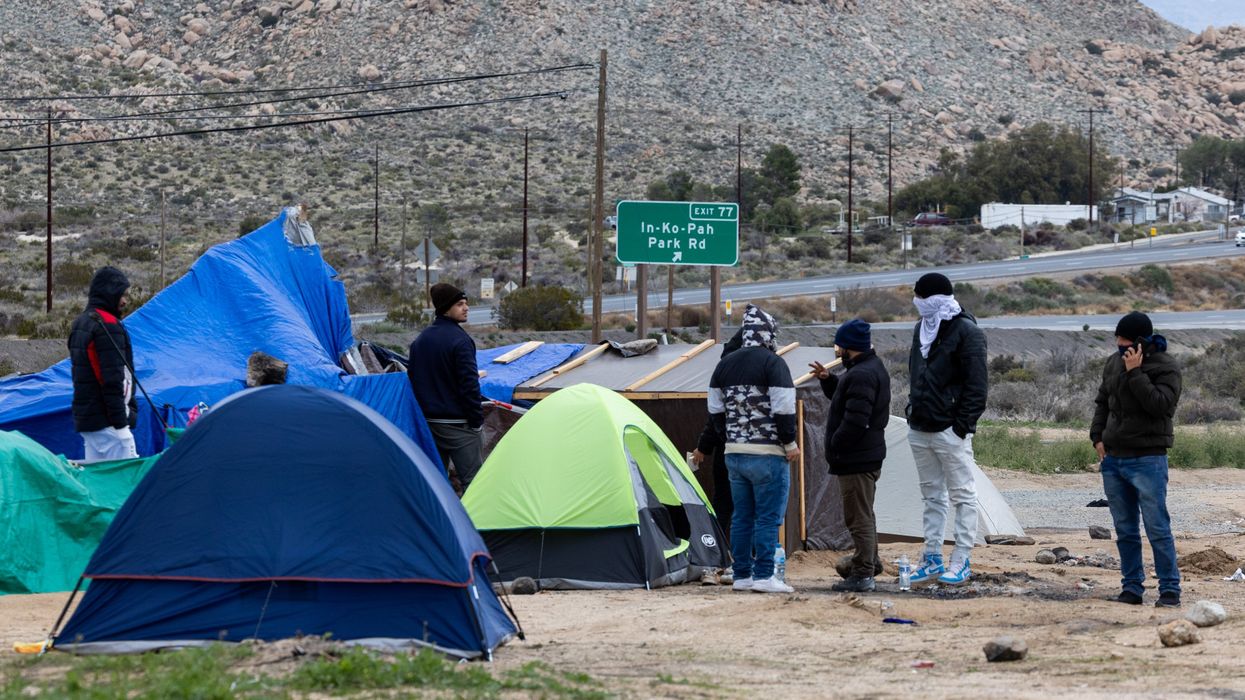This fact brief was originally published by Oklahoma Watch. Read the original here. Fact briefs are published by newsrooms in the Gigafact network, and republished by The Fulcrum. Visit Gigafact to learn more.
Do immigrants have constitutional rights?
Yes.
All immigrants, documented or undocumented, are guaranteed certain constitutional rights. Basic rights such as freedom of speech, due process, and the right to a jury trial are granted on the basis of personhood, not citizenship.
The Supreme Court has gradually established that many constitutional protections apply to all people residing in the U.S. on the basis of legal language specifying persons, rather than citizens, in the Bill of Rights. Other rulings, such as Plyler v. Doe (1982), affirmed that undocumented immigrants are also viewed as persons in the eyes of Constitutional law.
In practice, laws vary widely, such as the expedited removal process enacted in the Illegal Immigration Reform and Immigrant Responsibility Act of 1996. Under this law, undocumented immigrants who have lived less than two years in the U.S. and are arrested within 100 miles of the border can be deported without a court hearing.
This fact brief is responsive to conversations such as this one.
Sources
Constitution Annotated ArtI.S8.C18.8.7.2 Aliens in the United
States National Archives The Bill of Rights: A Transcription
PBS NewsHour What constitutional rights do undocumented immigrants have?




















Trump & Hegseth gave Mark Kelly a huge 2028 gift